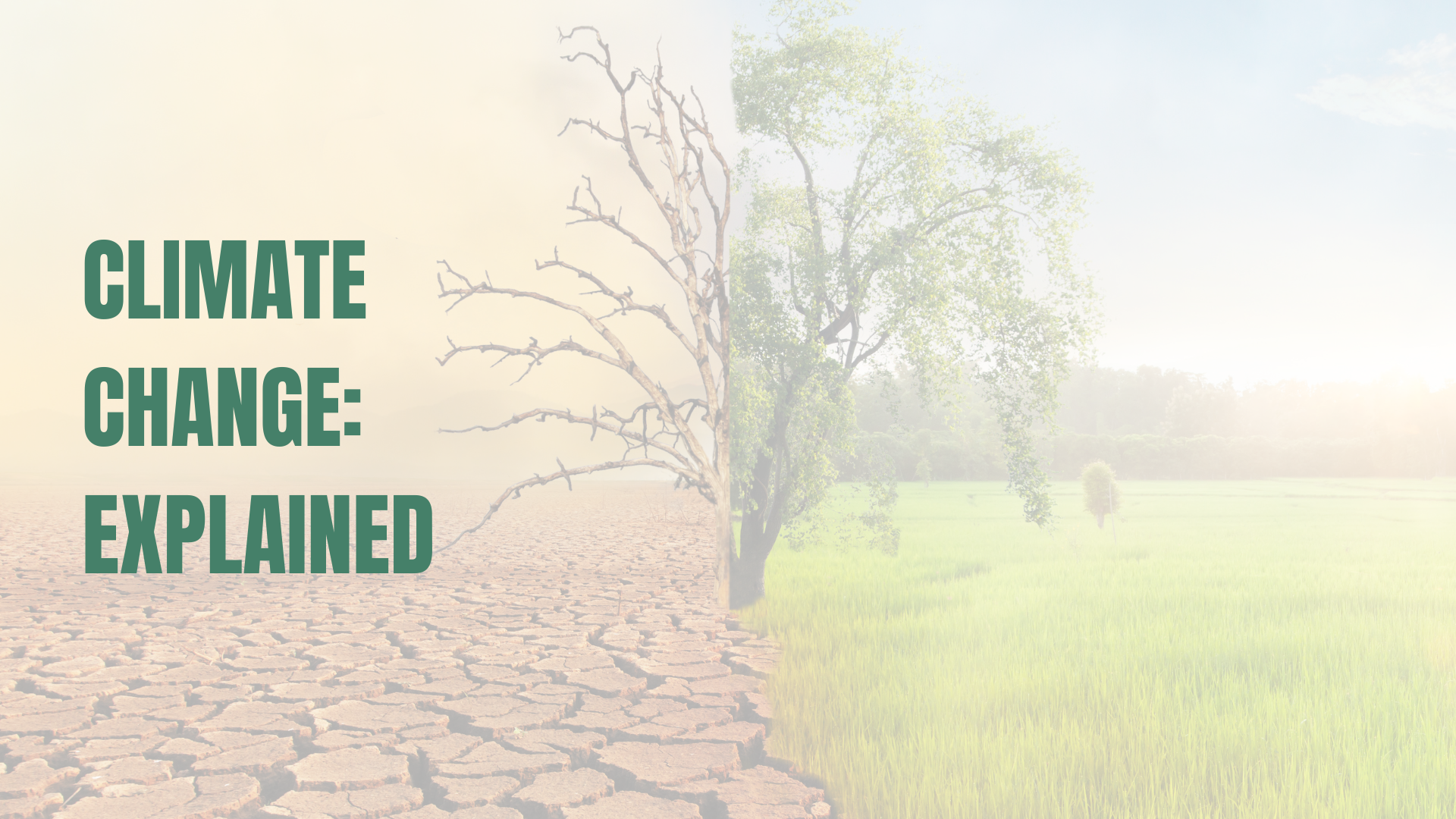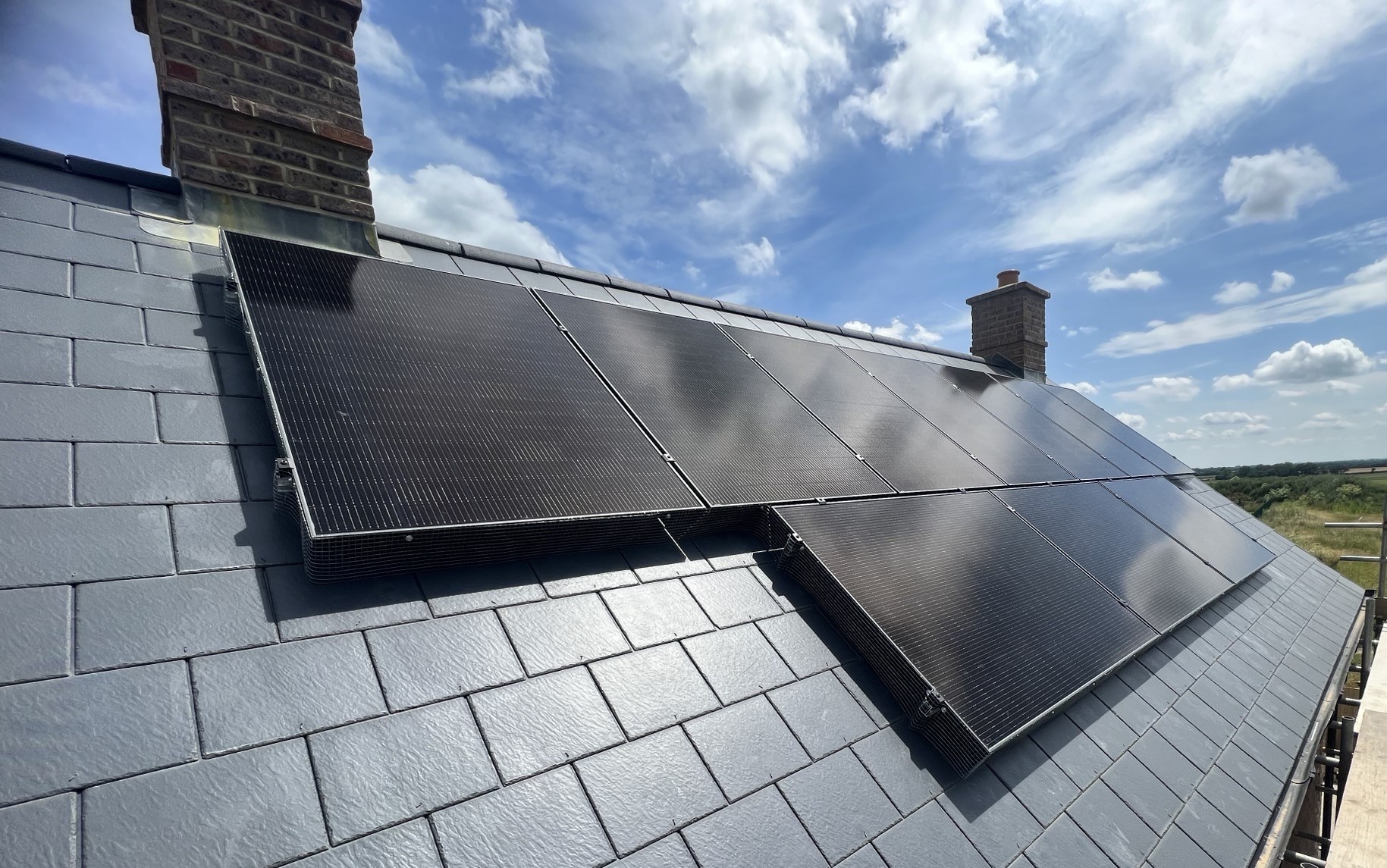2025 has been a year for breaking records, the sunniest and driest spring in 100 years, the warmest June on record in England, and the warmest summer (1st June to 31st August) on record, pushing the infamous summer of 1976 out of the top five warmest summers.
While this sounds nice, news of record breaking weather around the world is becoming more common, so what’s going on? Climate change is bringing with it more extreme weather events such as flooding, wildfires and tropical storms. Even Scotland, typically known for being cooler and wetter experienced devastating wildfires this summer.
Scientists are attributing the extreme weather to climate change, so what is climate change and why is it happening?
What us Climate Change?
Climate change is the long term change in weather patterns and temperatures across the world. Climate change is attributed to the rise in greenhouse gas emissions such as carbon dioxide, which trap the sun’s heat within the Earth’s atmosphere.
Without climate change, we’d still experience different seasons and weather conditions, but climate change refers to the way these weather patterns change over the long term.
Climate Change and Climate Emergency – What’s the Difference?
The climate emergency is urgent action that is required to stop or reduce climate change that has been caused by human activity since the Industrial Revolution. Rapid climate change is potentially causing irreversible environmental damage. The climate emergency needs to be addressed due to the impact it has on people and the planet, such as extreme droughts and flooding. Low-income countries, like those in southern Africa are experiencing longer droughts causing crop failure, resulting in loss of income and long term impacts on the land. Countries that have least contributed to the generation of greenhouse gases tend to experience the highest impact of climate change.
What are the Causes of Climate Change?
Climate change is caused by the release of greenhouse gasses into the atmosphere. Human activity such as burning fossil fuels causes CO₂ and methane to be released, keeping the heat in causing the Earth’s temperature to rise. Every day activities such as heating and travelling release greenhouse gasses, creating a carbon footprint. Climate change has also been increased by deforestation and the destruction of natural habitats, driven by agriculture and the food that we eat.
What are the Effects of Climate Change?
Rising global temperatures are causing weather patterns to change, resulting in more frequent extreme weather events such as drought, heatwaves, flooding and hurricanes. The environmental impact of this causes crop failure, habitat loss, reduced biodiversity, spread of diseases and limits access to fresh water. This brings reduced food and water security, increased health risks and population displacement, resulting in a risk of conflict and growing inequality.
How Can We Reduce Climate Change?
Countries across the world have signed up for their own Net Zero targets, with the UK aiming to reach Net Zero by 2050. Net Zero is reaching a balance between carbon emitted into the atmosphere and the carbon removed from it. To achieve Net Zero, everyone needs to reduce their carbon footprint and move toward renewable energy and sustainable living.
At SolarTherm UK, we design emission free solar panel systems that not only lower your carbon footprint but save you money on your electricity bills and give you energy independence too.
Ready to Future Proof Your Home and Reduce Your Carbon Footprint?
Contact SolarTherm UK for a free no obligation quote and design, tailored for your property, usage and future energy needs. No hard sell, just honest, expert advice. With over 15 years experience in the solar industry, SolarTherm UK has helped thousands of South East homeowners reduce their carbon footprint and play their part in stopping climate change.
Your home. Your energy. Your future.





